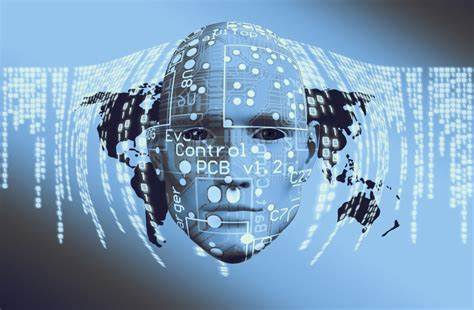White-Collar Extinction? How AI Is Quietly Replacing the World’s Most Educated Workers
- PrimePath Dev

- Apr 22, 2025
- 2 min read

Not long ago, automation was a threat whispered about on factory floors. Today, it’s echoing through law firms, HR departments, and corporate offices. Artificial Intelligence isn’t just coming for manual labor—it’s coming for the professions society once considered safe, even elite.
From legal research to candidate screening, AI systems are mastering tasks that once required advanced degrees and years of human experience. The revolution isn't loud. It’s silent, efficient—and already underway.
⚖️ Law Without Lawyers?
Take the legal industry. For centuries, armies of junior associates have spent long hours combing through case law, drafting memos, and prepping briefs. Now, AI-powered legal assistants can process vast databases of precedent in seconds—at a fraction of the cost.
Tools like Casetext's CoCounsel and Harvey AI (already adopted by firms like Allen & Overy) are capable of generating first drafts, summarizing depositions, and even spotting inconsistencies across massive legal documents. Suddenly, the path from law school to partner doesn’t just look harder—it looks uncertain.
🧬 Hiring Without Humans?
Recruitment is next. AI platforms like HireVue, Pymetrics, and LinkedIn’s Talent Insights now screen candidates, assess personality traits, and even conduct video interviews. These systems analyze facial expressions, tone of voice, and behavioral cues to predict performance—tasks once entrusted to experienced HR professionals.
While companies tout increased efficiency and reduced bias, others worry about the opacity and fairness of AI-driven hiring. If your résumé is rejected by an algorithm, who do you appeal to?
💼 The Erosion of the “Safe Job”
What makes this shift so alarming isn’t just the technology—it’s who it’s targeting. For decades, the conventional wisdom was simple: get a degree, enter a professional field, and you’ll be safe from automation. But AI isn’t replacing muscle—it’s replacing judgment, analysis, and decision-making.
Accountants, paralegals, marketers, analysts, consultants—the very foundation of white-collar work is being re-engineered by algorithms.
🔄 So, What Happens to Humans?
The optimistic view is that AI will free humans from the dullest tasks, allowing us to focus on strategy, empathy, creativity, and innovation. In reality, the productivity gains often lead to job cuts, not more meaningful work.
The future may not be “human vs. AI” but “human + AI.” Those who learn to collaborate with intelligent tools—prompting, curating, editing, auditing—will thrive. But those who cling to routine processes risk being replaced.
🧭 A New Professional Compass
If you're entering the workforce or trying to future-proof your career, here’s the new rulebook:
Learn to work with AI tools in your field—don’t ignore them.
Develop meta-skills: critical thinking, communication, adaptability.
Own the human edge: ethics, creativity, leadership, and context-awareness.
🚨 Final Thought
We used to ask: Can robots take my job?
Now the question is:What parts of my job will survive the robots—and what will I do with what’s left?




Comments